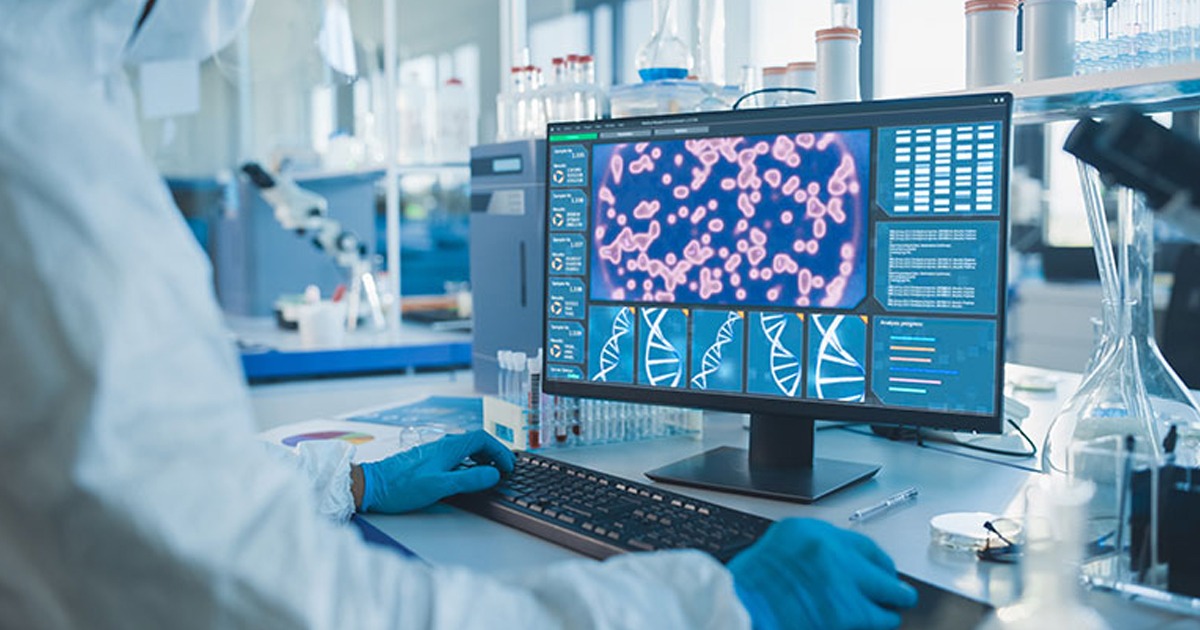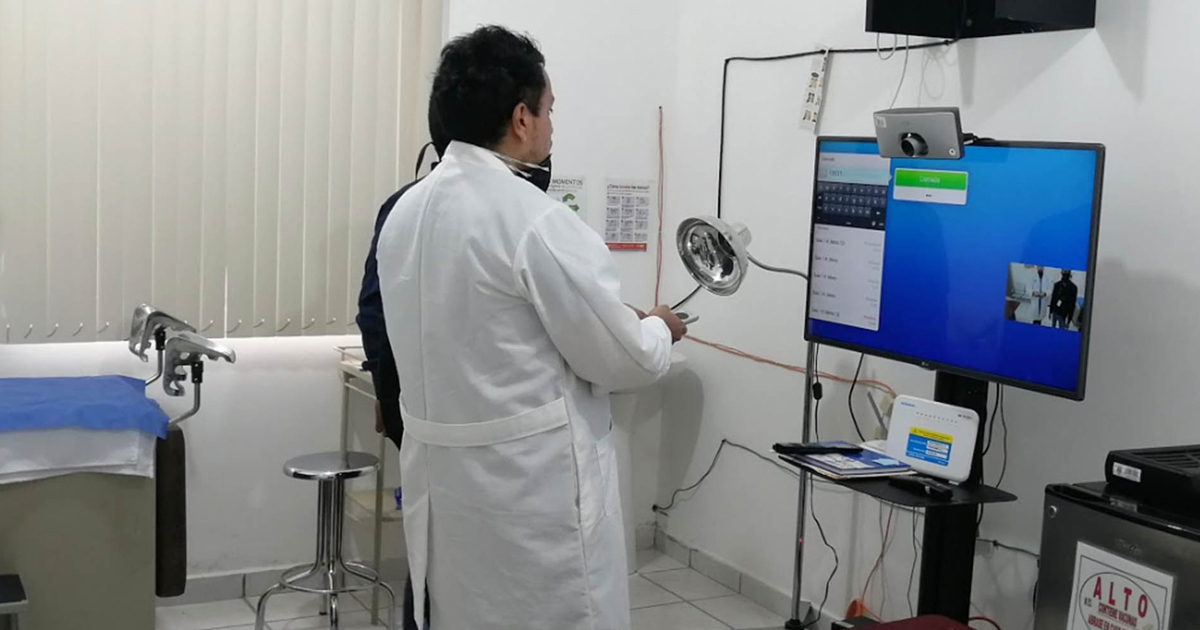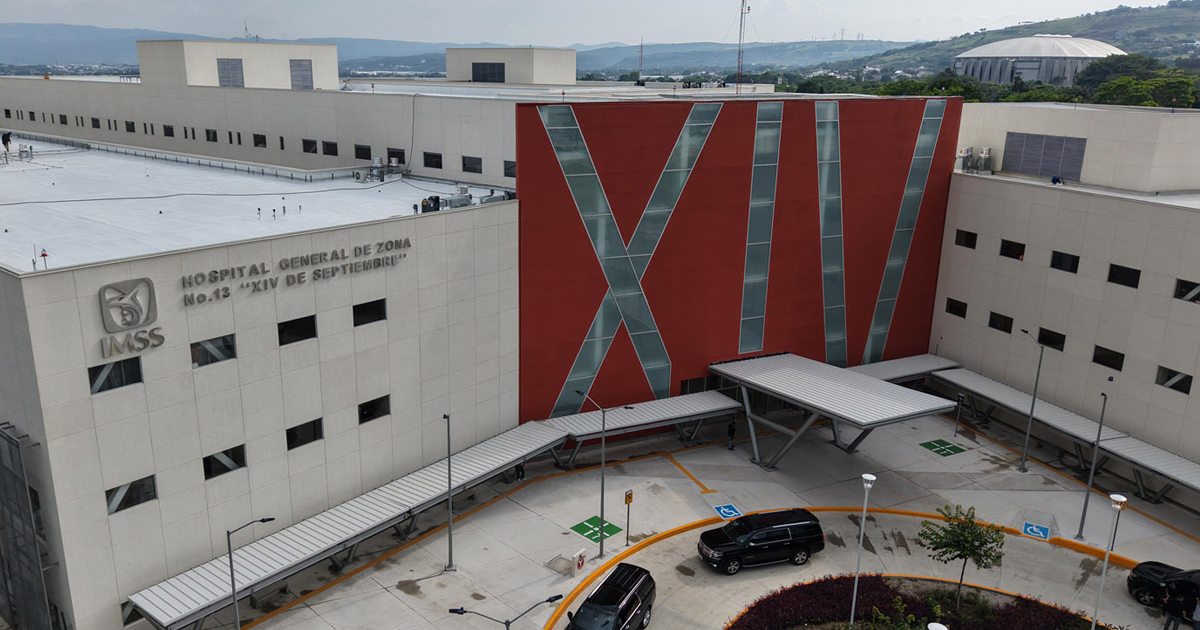El objetivo de la investigación es hallar tecnologías más efectivas y menos invasivas en el tratamiento de lesiones óseas y musculares.
Científicos del Instituto de Microelectrónica de Barcelona han desarrollado un dispositivo para la estimulación eléctrica de células a través de nano generadores. Esta innovación responde a las necesidades técnicas en el ámbito de la salud para la regeneración que no utilicen electrodos, y significa un avance importante para el desarrollo de prótesis y técnicas de rehabilitación.
Gonzalo Murillo, miembro del equipo de investigación del proyecto explicó cómo funciona esta herramienta: “El dispositivo genera estimulación eléctrica celular, esto puede tener efectos diferentes en células y, entre ellos, efectos terapéuticos”.
El objetivo de esta tecnología es la aplicación biomédica en regeneración ósea en prótesis, tonificación muscular o estimulación eléctrica periférica.
“Las células Saos‐2 son cultivadas como nano generadores piezoeléctricos (NG) basados en nanopartículas de ZnO para autoestimulación eléctrica”. De esta forma, los microscopios electrónicos de barrido (SEM) muestran que las células se encuentran adheridas a las nanoestructuras.

Laos NG tienen más funciones dentro de la investigación ya que se pueden utilizar para autosimilar eléctricamente neuronas o células musculares en necesidad de la estimulación química.







